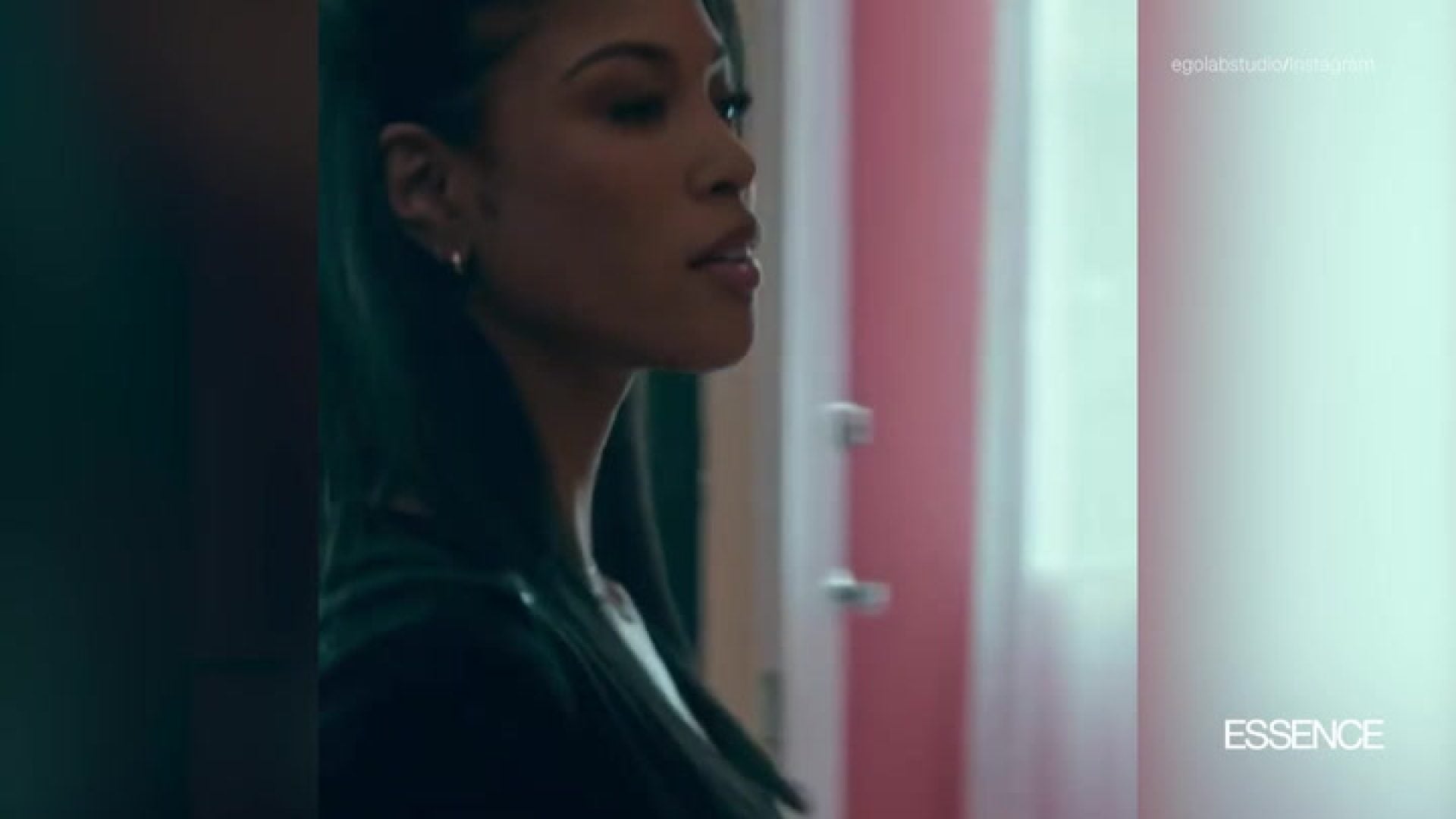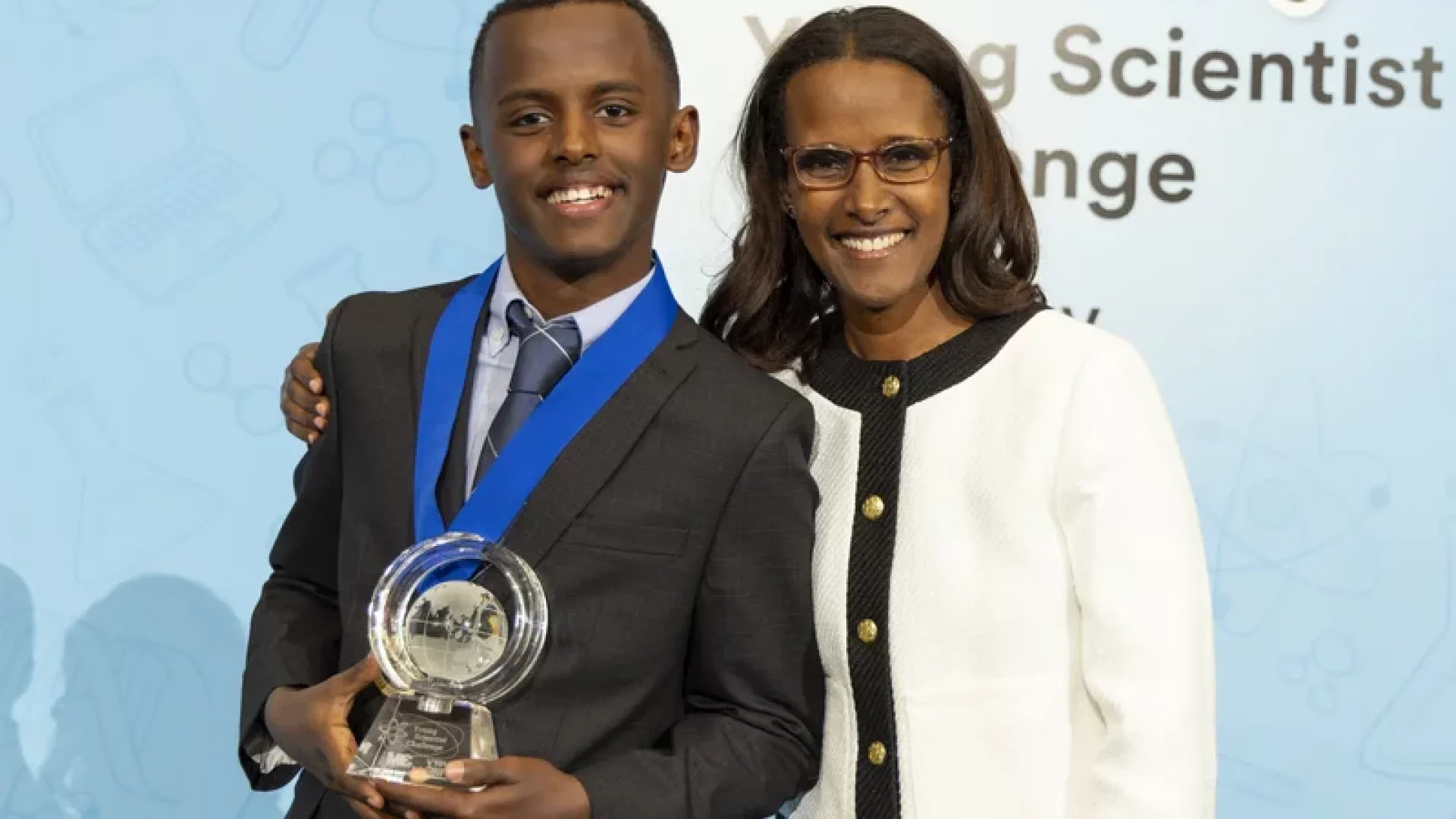
What do you do next after spending your summer vacation finding a treatment for cancer? That’s the question 14-year-old high school freshman Heman Bekele now faces after inventing a soap to treat skin cancer.
Bekele entered the 3M Young Scientist Lab Competition, where participants are encouraged “to solve everyday problems using science and innovation.”
Bekele collaborated on research with professors from the University of Virginia. His submission: skin cancer-treating soap (SCTS), that “replenishes the skin with dendritic cells, which help protect the skin and fight cancer” took home the top prize.
As a result, Bekele was recognized as “America’s Top Young Scientist” and took home a $25,000 prize.
Inspired by his home country of Ethiopia, Bekele told the Virginia Mercury, “I was born and raised in Addis Ababa and I didn’t move to America until I was 4 years old.”
“But my true inspiration for this project was seeing people working long hours under the glaring hot sun,” continued Bekele. “While I was 4 years old, I didn’t really understand the problem, but I did retain those memories and slowly, as I started to grow up, I started to realize how prevalent an issue that is.”
In an interview with NPR, Bekele disclosed how he was stunned to learn about the high price of skin cancer treatment. “When I heard those really shocking statistics it really inspired me to create a more affordable and accessible solution. I started doing experiments and working on different things, then that turned into my bar of soap as a project.”
3M product engineering specialist and Bekele’s mentor Deborah Isabelle said, “He is an incredibly bright, passionate and focused young man.”
“Heman is both compassionate and charismatic, which are great traits for a scientist. With his curiosity and determination, I have no doubts he will change the world for the better,” Isabelle’s statement continued.
As of right now, Bekele’s soap isn’t quite ready for the market. “Heman said he has not performed any physical trials, instead using digital molecular testing, secondary data analysis and formulaic computations to reach his results,” ABC News reports.

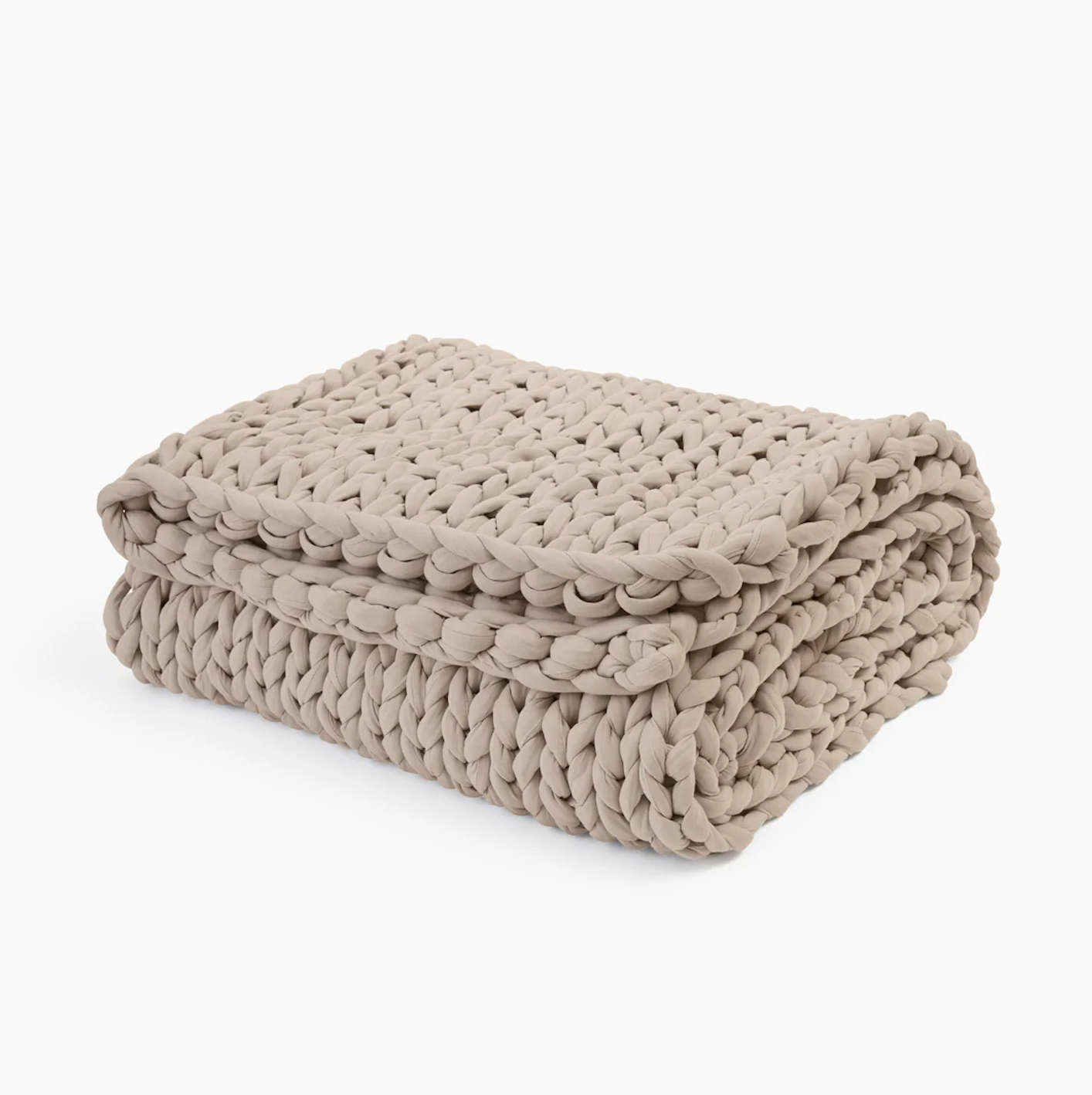
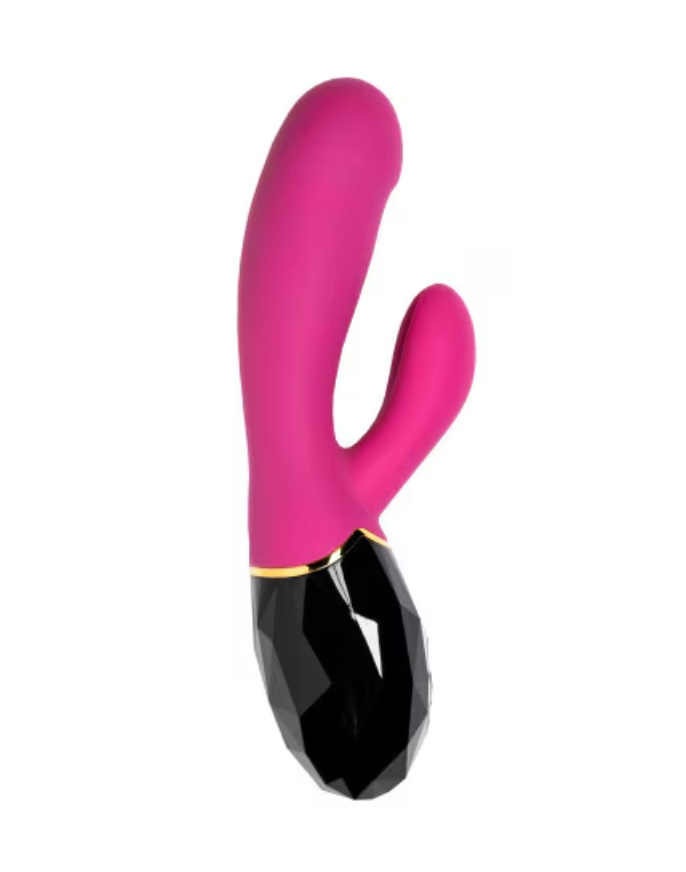
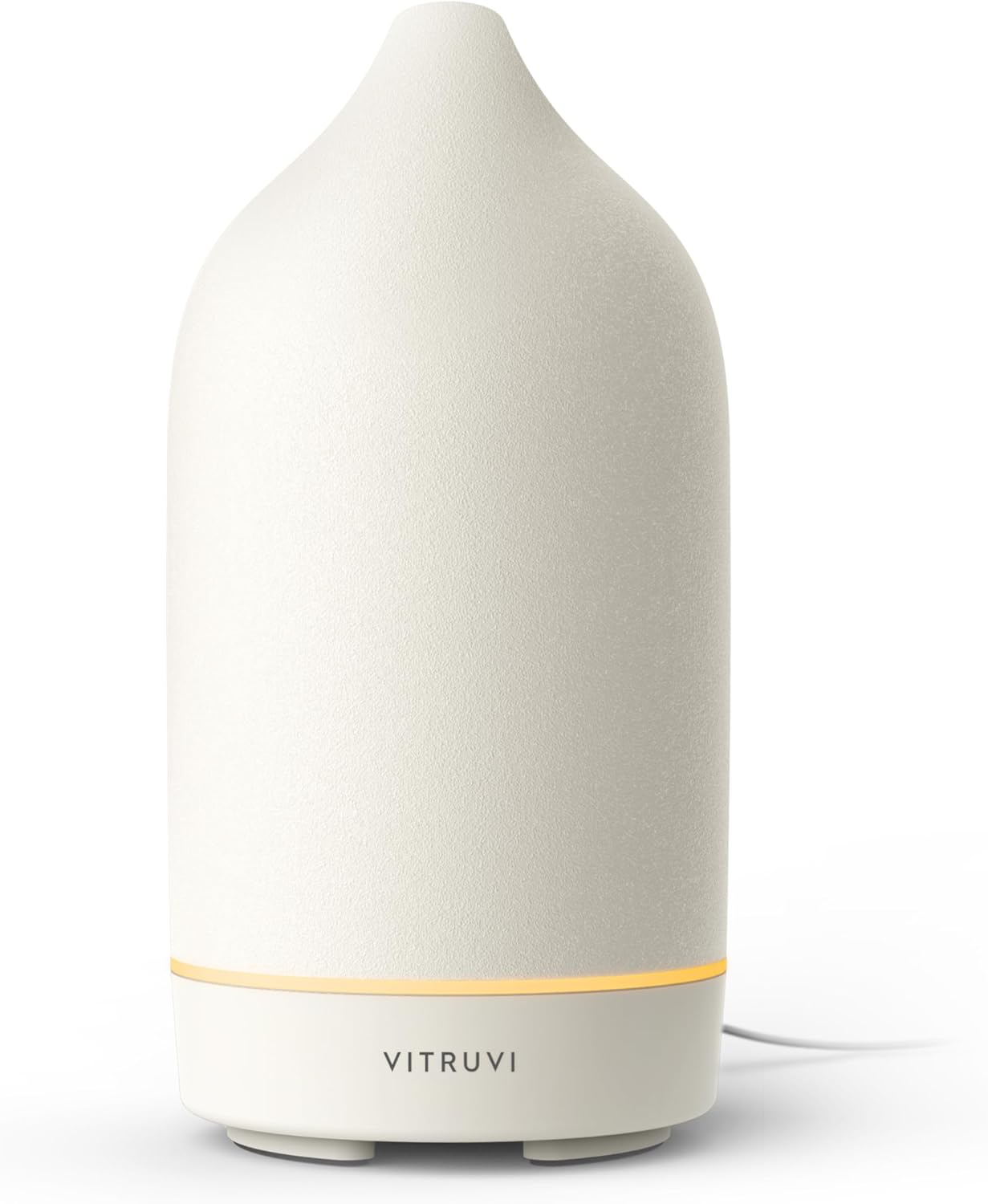
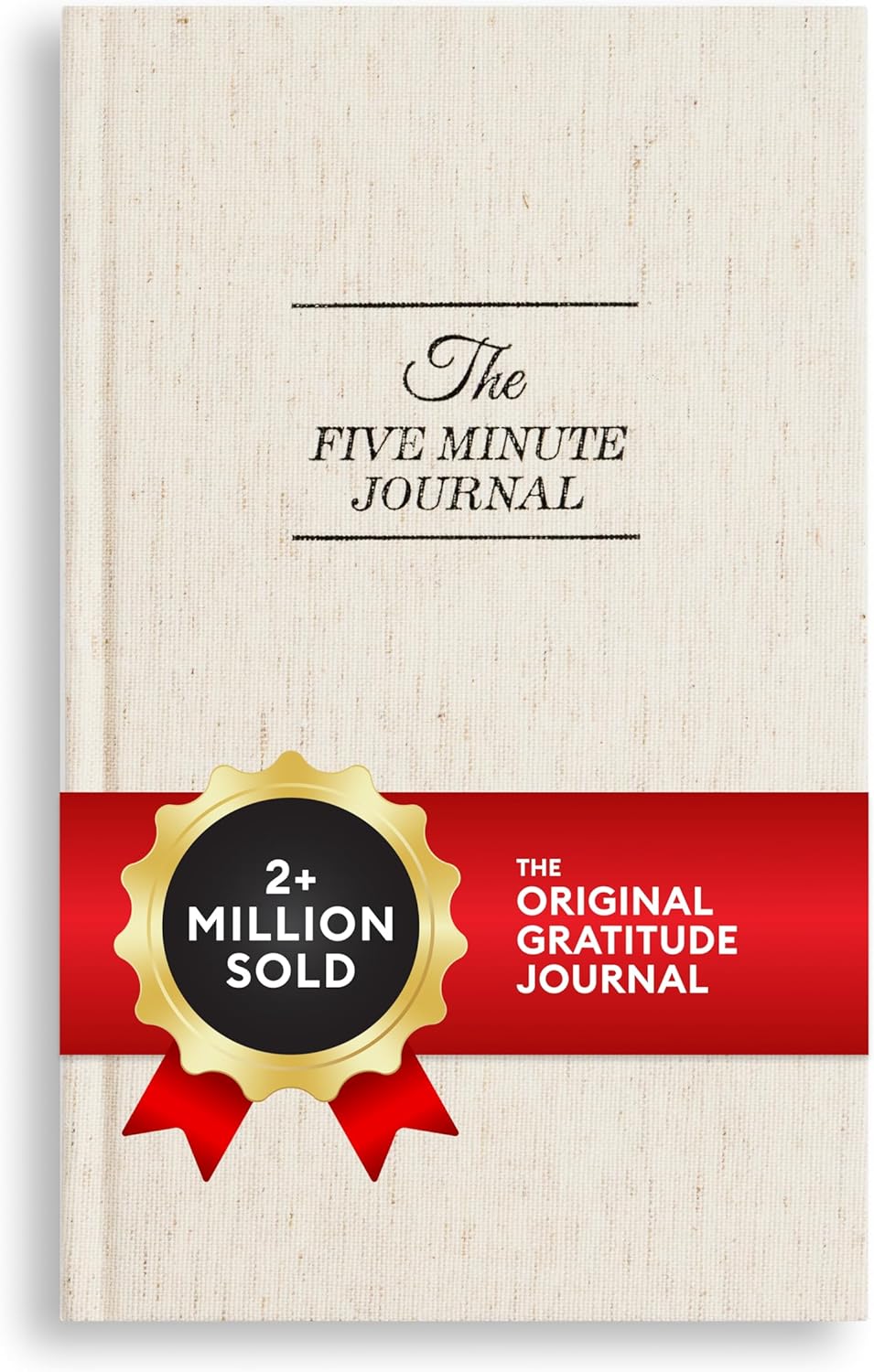
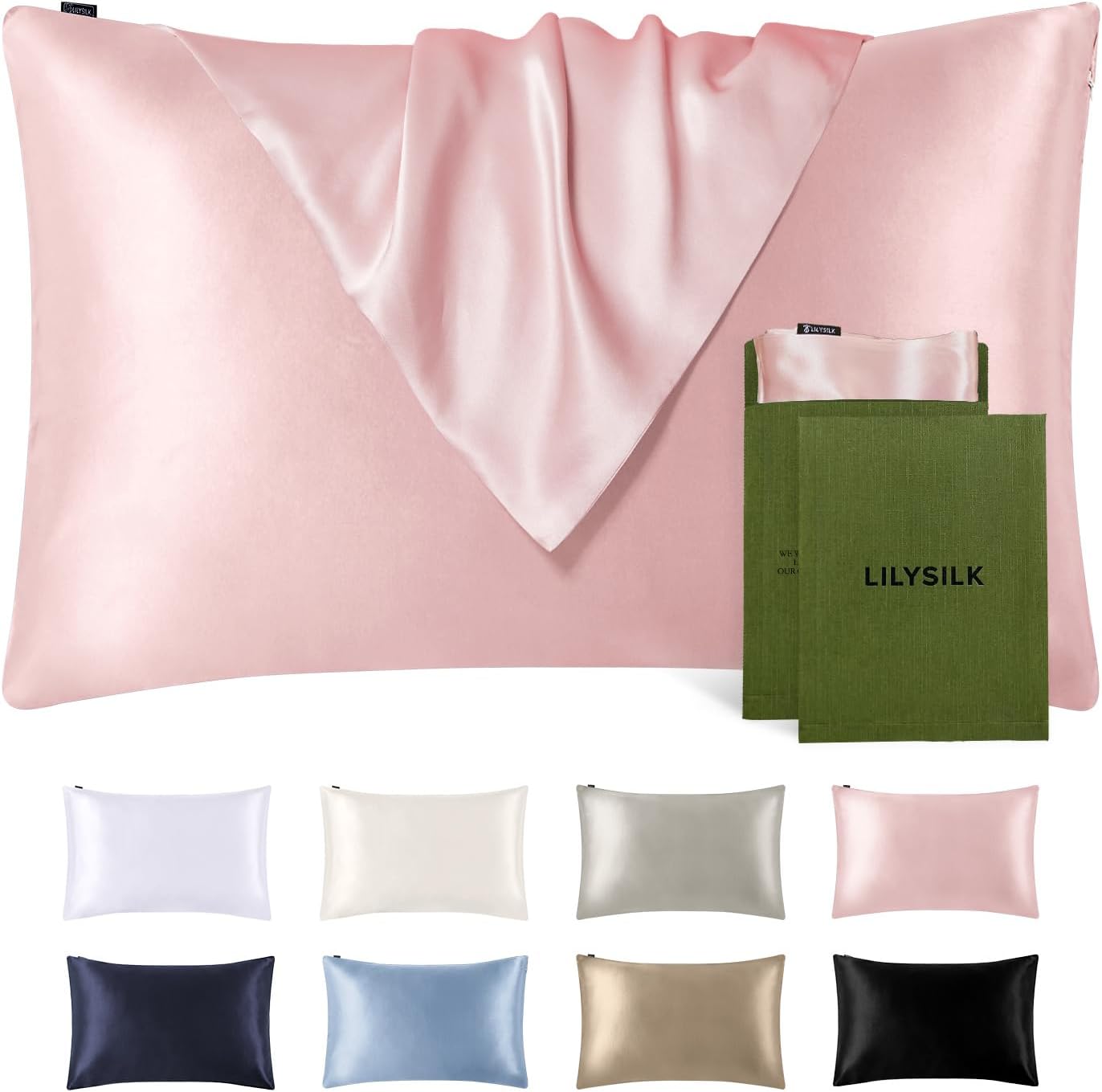

However, Isabelle does believe in the soap’s ability to heal skin cancer patients. So before SCTS can hit the shelves, it still needs to go through the rigorous round of clinical trials, which usually takes approximately five to ten years.
Even though the competition is over, Bekele isn’t finished. “I have a really basic 5-year plan mapped out including acquiring FDA certification, conducting human testing and making sure that this all works,” he said.
“But then by 2028, I hope to turn this passion project into a nonprofit organization where I can provide equitable and accessible skin cancer treatment to as many people as possible, because honestly at the end of the day, that is what this project is all about,” Bekele stated.




